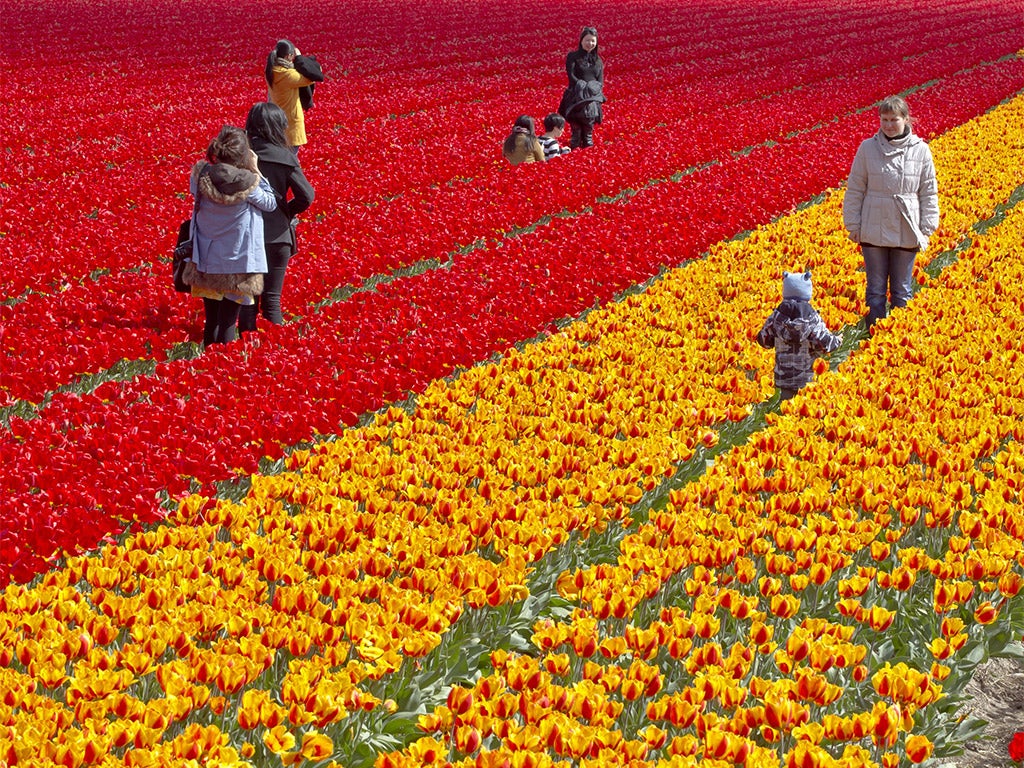’Ndrangheta Mafia group muscles in on flower and chocolate markets as it expands its criminal operations
Prosecutor hails investigation as 'the most important of the past 10 years'

Your support helps us to tell the story
From reproductive rights to climate change to Big Tech, The Independent is on the ground when the story is developing. Whether it's investigating the financials of Elon Musk's pro-Trump PAC or producing our latest documentary, 'The A Word', which shines a light on the American women fighting for reproductive rights, we know how important it is to parse out the facts from the messaging.
At such a critical moment in US history, we need reporters on the ground. Your donation allows us to keep sending journalists to speak to both sides of the story.
The Independent is trusted by Americans across the entire political spectrum. And unlike many other quality news outlets, we choose not to lock Americans out of our reporting and analysis with paywalls. We believe quality journalism should be available to everyone, paid for by those who can afford it.
Your support makes all the difference.Besides its usual trade in drugs, weapons and prostitution, ’Ndrangheta, Italy’s largest Mafia group, has branched out into flowers and even chocolates.
Some 54 suspects were arrested in Rome and Reggio Calabria as part of an investigation into the Commisso and Coluccio-Aquino clans, after police discovered large amounts of cocaine among tulips from Amsterdam.
Police said a lorry was sent from Italy to the Netherlands containing cash, and returned with tulips and the drugs.
But the flowers didn’t go to waste. A police statement said: “They [the mobsters] controlled vast segments of the Dutch flower markets.” Federico Cafiero de Raho, a prosecutor in the southern city of Reggio Calabria, where most of the arrests were made, revealed that one of the figures at the heart of a huge drug smuggling ring was also the owner of a flower import-export business “used to recycle dirty money”. As part of the probe, police also found 250 tonnes of stolen Lindt chocolates, worth €7m, near Latina, south of Rome.
Investigators said the unusual seizures reflected the crime syndicate’s ability to exploit new and overseas markets. “It has a great ability to adapt itself to what the market offers and predict what sectors are going to be big,” Michele Prestipino, a Rome prosecutor told La Stampa.
Mr Cafiero de Raho hailed the importance of the arrests. “This was an historic operation because it struck part of the ’Ndrangheta elite,” he said. His colleague Nicola Gratteri described it as “the most important investigation of the past 10 years”.
The Commisso clan alone is thought to have 500 killers at its disposal, while the Aquino has extensive international connections.
The drugs were found in the tulips with the help of Dutch investigators – assistance that was praised by Italy’s national anti-Mafia prosecutor Franco Roberti. “International cooperation is very important,” he said. “And this case it worked very well.”
’Ndrangheta formed in Calabria, a region in southern Italy, but spread through the country and beyond due to its domination of Europe’s cocaine trade.
Join our commenting forum
Join thought-provoking conversations, follow other Independent readers and see their replies
Comments